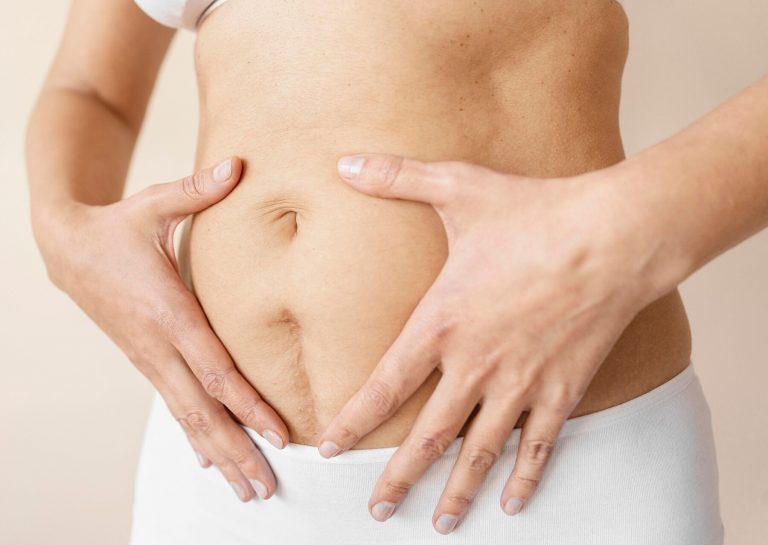Why Your Groin Hurts When You Cough or Lift (And When to Get It Checked)
Discover when hernia is considered dangerous, the various hernia types...
Disclaimer: The information in this article is intended to provide educational guidance as there may be other treatment options available; it does not replace the need for professional medical advice and should not be relied upon as specific advice for individual cases.

Recovering from hernia surgery can sometimes feel overwhelming, but one thing that you have control over is what you eat. A well-planned diet not only helps your body heal faster but can also prevent uncomfortable complications like constipation or bloating. With nutritious and culturally relevant food options in Singapore, tailoring a hernia recovery diet can be both effective and enjoyable.
Whether you’re preparing for hernia surgery or recovering at home, here’s a simple, practical guide to help you eat well.
Think of your pre-surgery diet as building a strong foundation. A strong nutritional foundation can help boost your energy, immunity, and recovery outcomes. Here are some easy tips to get you started on the right track in the days leading up to your operation:
The day before surgery, avoid heavy meals and follow your doctor’s fasting instructions, especially if you’ll be under general anaesthesia.
After surgery, your body needs a diet that is gentle on the digestive system while still providing adequate nutrients for healing. Recovery is typically divided into early and transitional phases.
During this period, your digestive system might be sensitive, so it’s best to focus on soft or liquid foods.
Once your body begins to adjust, you can gradually introduce more fiber and protein into your diet to rebuild tissues and prevent constipation.
Not all foods are recovery-friendly. Avoid anything that can upset your digestion or add strain to your body.
Even after recovery, maintaining a healthy diet can help prevent future hernia issues.
Remember, food is part of the healing process. With Singapore’s wide range of healthy, affordable, and accessible options, sticking to a post-surgery diet doesn’t have to feel restrictive or boring. Take your recovery one meal at a time, and don’t hesitate to ask your doctor or dietitian for help if you’re unsure about what to eat.
Your health is worth the extra effort, and with the right foods on your plate, you’ll be back on your feet in no time. You’ve got this!
Discover when hernia is considered dangerous, the various hernia types...
Discover when hernia is considered dangerous, the various hernia types...
Discover when hernia is considered dangerous, the various hernia types...
Here at KYM Surgery, we believe in providing holistic & comprehensive medical care for all patients.
Here at KYM Surgery, we believe in providing holistic & comprehensive medical care for all patients.